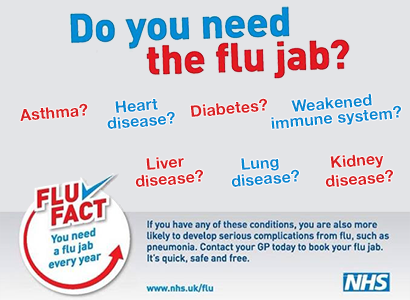Early Clinical Experience (ECE) – Year 1
- During Year 1 students start by spending four weeks on the Essential Skills course.
- A Practice Based Learning Modules (PBL) covers the Life Cycle and Cardio-Respiratory Fitness.
- GP Visit to a General Practice in Pairs
- Observation of staff in a primary health care environment and find out about staff roles, team working and delivery of primary health care in the community
- Interview a pregnant woman or parent of baby/young child to Gain an understanding of pregnancy /parenthood from a patient’s perspective
- ECE visits provide students with opportunities to meet patients and staff in a GP setting.
- The ECE visits form the basis of a number of supported portfolio sessions in years 1 and 2, and ECE is a component of the year 2 Personal Excellence Path (PEP)
ECE Themes
- Experiential learning – To provide students with authentic human contact, mainly in clinical contexts, that enhances learning of health, illness or disease.
- Delivery of health care – To provide opportunities to observe the realities of the delivery of health care in primary and secondary health care settings.
- Providing opportunities to meet health professional and understand their roles.
- Professional development – To provide an introduction to medical student role, and opportunities to display expected standards of behaviour and a non-judgmental approach to people.
- Communication skills -To develop generic skills for effective communication. To develop communication skills for medical interviewing,.
- Diversity – To introduce students to cultural diversity and inter-cultural issues.
- Ethics in practice – To introduce students to ethical and legal aspects of health care.
What is a Personal Excellence Path (PEP)?
- PEP has replaced the Student Selected Component (SSC)
- PEP is a unique feature of the MBChB programme providing medical students with a flexible framework of modules between Years 1 to 4, in which they can focus on specialised topics of study.
- The PEP modules equip students with the necessary investigative and analytical skills required in modern medicine; Students may pursue a specialist in a single theme throughout their PEP, or alternatively, explore modules linked to a range of themes.
- Students may choose to study modules from themes within or beyond the field of medicine such as ethics and law or include a broader interdisciplinary focus for example applied social science or humanities.
The Preliminary PEP – Year 1
- The Preliminary PEP involves learning essential academic skills that underpin all future study themes. At the same time, students are supported in considering the choices available to them in future PEP modules.
- The Preliminary PEP requires students to research and produce a comprehensive literature review on a specific topic. The process is supported by a supervisor and students produce a written report, which is assessed.
Aims
- To provide the student with:
- Literature searching skills
- Scientific writing skills to enable production of a comprehensive literature review
- Skills of interpretation and analysis of scientific literature
- The means to explore in depth a scientific topic of interest to them
Intended Learning Outcomes
At the end of the Phase 1, Year 1 PEP the student will be able to:
- Select topics of interest from a pre-defined list
- Devise a search strategy using library and the internet
- Access and search relevant databases and search engines used in clinical and scientific research
- Select articles relevant to a topic area
- Appraise data (understand strengths and limitations) from the literature at a basic level
- Understand different forms of scientific literature (e.g. primary studies, review articles)
- Interpret information written in scientific language
- Produce a scientific written report of specified length that collates information gathered from
- the different sources
- Summarise the report clearly and concisely in lay terms
- Utilise appropriate software (including word processing, figures/tables and referencing) to
- produce a scientific written report
- Understand what constitutes plagiarism and how to avoid it
Nature of Topics
- The student is required to produce a comprehensive literature review, between 10-15 pages in
length, on a topic of their choice. - The title of the report will be set by the supervisor, though there is room to make alterations to the title after discussion with the student.
- Topics should normally be in one of the following areas: biomedicine, psychology, sociology, history of medicine or ethics and law.
- The best topics pose a question which students can address by using a combination of textbook, current journal articles and web based literature searches.
- Topics will be set within the scope of a first year student and will not require any prior knowledge of a specialist subject
- There will be NO practical component to this module
Supervision
- Your allocated supervisor is a subject specialist. They will give you starter references, from which you can find other sources of information. If you are unsure about any aspect of your topic your supervisor is there to support you. They know it is the first time you are undertaking such a task and will be pleased to help you.
What do students say?
- “I found the PEP project to be a really effective way to expand my knowledge in a personal area of interest. It enabled me to look much deeper into cancer treatments and learn about current research, which I wouldn’t have had time to do as a personal side project to the course. I also think learning how to write a medical essay and reference it properly during the first year of medical school is very important as it’s a fundamental professional skill. PEP allows you to personalise your course, and if you put the effort in it will pay off.” Rosie, Yr 1 Med Student




